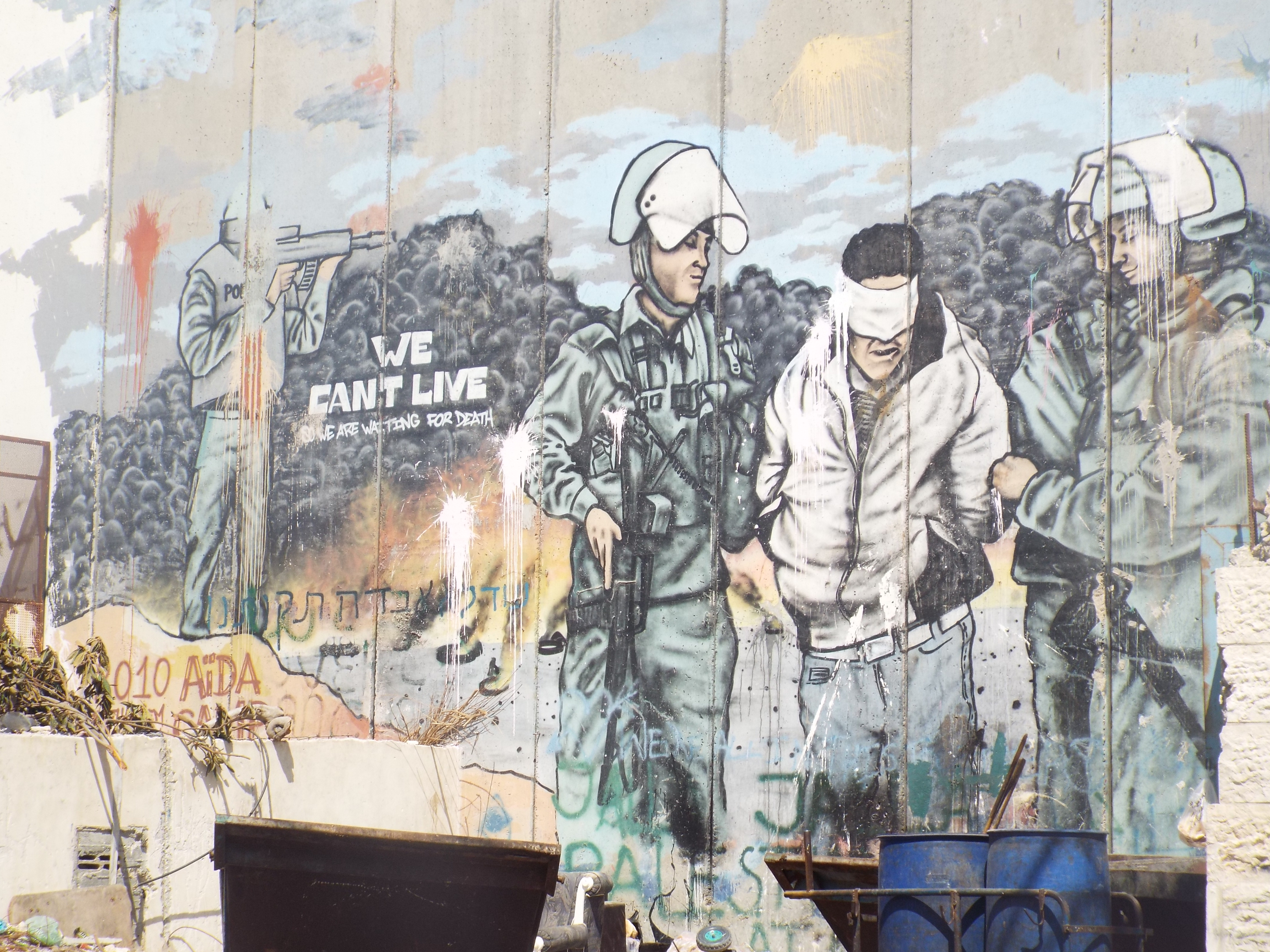“Moving from one holy site to the other, I saw the faithful from all over the world coming to view where everything begun. But in all these, God is not present in those places … I saw God not standing with those who have commercialized the salvation story … but in those painful stories narrated by the suffering people of Palestine.”
This echoes the consensus of the eleven participants of the recently concluded Face to face in the context of Occupation organized by the Council for World Mission (CWM) with Dar-Alkalima College in Bethlehem, Palestine.
The participants, who gathered from all over the world, came face to face with the historical, theological and contemporary issues related to the Middle East in general and in Israel and Palestine in particular. Participants were able to observe the discrimination and inequality, military Occupation and systematic oppression — where faith is lived and shared in the midst of a military occupation which affects all sectors and levels of local communities, and the mission of the church is continuously challenged by the religious, social and political dynamics in both nations.
Through the action-reflection learning methodology of the Programme which consisted of lectures, visits to holy sites and immersions, the participants were able to understand the Occupation. They were able to see the injustices being done against the Palestinians in the guise of religion — where God’s word is being used to defend political agenda and to a great extent distort the image of God in others.
Money is Holy, Holy is money
The participants followed the footsteps of Jesus only to realize that the so-called holy sites of Lake of Tiberias/ Sea of Galilea and Bethlehem where most of the Bible stories happened are not so holy; and that religiosity is a big business. Commodification of religion wherein rather than being a place for worship, reflection or insight, sites are stop points for tourists for vendors to sell their merchandise. Not at all surprising for Israel whose economy relies mainly on tourism. The participants found that the very place where Jesus died on the cross for everyone is the very place where the people are suffering; the very place where Jesus taught love there is hate instead and now oppressed has become the oppressor.
The Palestine Situation
The participants were also able to visit Palestinian territories including the West Bank: East Jerusalem, Ramallah, Nablus, Hebron and Jericho. Through these and various lectures, they learned that Palestine territory is rapidly being taken by the Israel Government. The land is taken by force and declared for special use such natural resources, historical sites or military area, and settlements building. All the West Bank areas were struggling because of the effects of the occupation. Every aspect of the Palestinian lives was being controlled by the Israeli government — access to water, electricity, food, and social services to name a few.
Zionism and Ethnocentrism
Through the Programme, the participants confronted their Zionist view of reading and interpretation of the Bible which forms part of the western theological training. Through this experience, they were forced to look differently at the theology of the Promised Land, Exodus and Election. They were challenged to revisit the Zionist concepts indoctrinated by their parents and Sunday school teachers to be pro-Israel, which forms parts of their lives. The West has domesticated the Bible and Christianity to fit into that western world. As such, they realized that there is a need to build a theology that is contextual; and at the same time to understand the biblical story together with the history within which the story developed.
Disturbed participants, Challenge accepted
The participants shared that coming from the Programme, their theology has been deconstructed and challenged to the core. There is also a strengthened faith — not so much by walking in the footsteps of Jesus Christ and visiting the holy sites — but much more about the faith of the Palestinian people who even in the face of Occupation still finds their hope in the Lord where they keep on pushing forward and serving the community regardless of their state of occupation.
In doing the mission, the participants realized the importance of the church to preach the gospel of liberation, inclusiveness and equality. The church is called to be a prophetic voice in all the situations of injustice, inequality and racism and must speak words that build bridges, bring people together and help people be open to others, to learn and grow, to help create and envision a new identity, in which love and righteousness are core values.
The presence of the CWM participants from all over the world is very important for the Palestinian people as it will help educate people from other parts of the world on Occupation and how to counter the white-washing being done by the media.
Lastly, the participants said that, “walls can be symbols of oppression and exclusion. But walls will never stand forever. Every human project will crumble before the slow march of time and the quick-step of human trends, but humanity lives on. Walls can be barriers to bring about separation, but they can also be canvases that helps creation. They can obscure views, but, given humanity’s temerity and invention, they can also be windows into the realms of dreams and truth. The wall will fall eventually.
This article was put together with reports from the Face to face in the context of Occupation participants.



